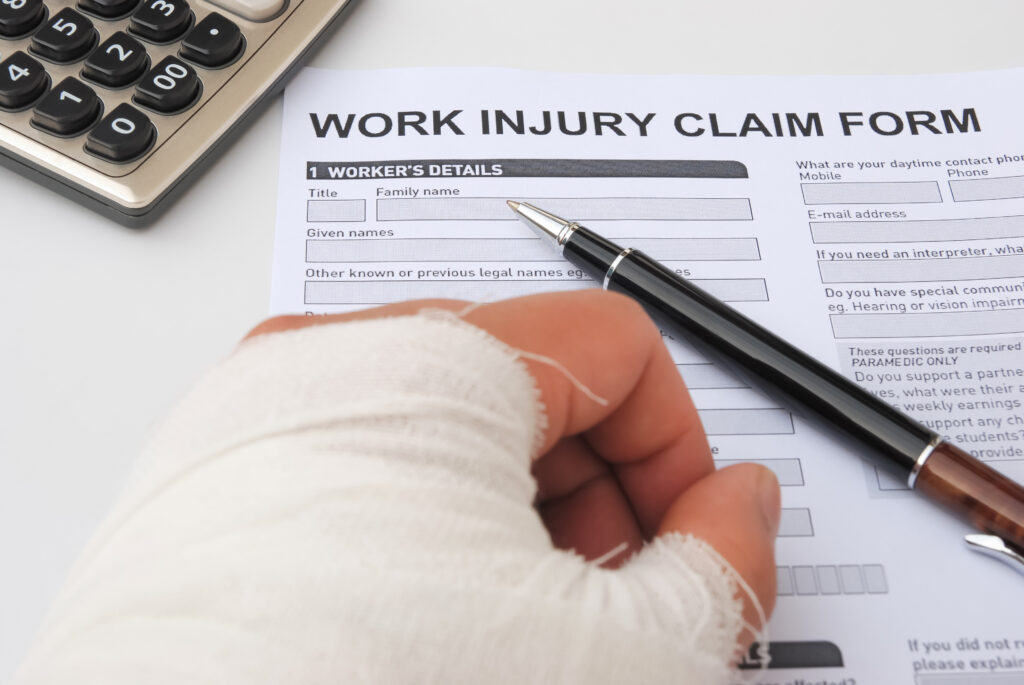For the past few years, we have constantly been bombarded with the view that there is a rising ‘compensation culture’ in Britain. What if actually there are not enough legitimate claims being pursued by Claimants? I know this seems outrageous, but just bear with me.
Amidst the unshakeable claimant bashing climate, there lays a genuine concern from those that have been injured as a result of the fault of an employer, family member or friend. People are reluctant to pursue any legal recourse for fear of adversely affecting someone they are close or loyal to. Below are some common questions we are asked by potential clients and the answers we provide to allay some of their concerns.
- Will a personal injury claim against my employer, family member or friend have any adverse implications?
No. This is why people take out home/car/employer’s insurance i.e. to protect themselves financially for accidents where someone is injured as a result of their fault or negligence. The admission of fault by them or their insurance company in a civil claim does not involve a criminal sanction. The decision by a prosecutor to charge someone for an offence is separate to a personal injury claim and the latter has no bearing on the former.
- Will the process be daunting and time consuming for them?
Not necessarily. If insured, the communications from the Claimant’s Solicitor will be with the insurance company and then the Solicitor appointed by them. If uninsured, organisations such as the MIB are in place to deal with such claims. If liability is not admitted, the driver of the vehicle (in road traffic accidents), and employers (in employers liability claims) will be asked to provide evidence in the form of a witness statement. If liability continues to be disputed up to trial, then he or she may be required to give evidence in court. It must also be remembered that a very small number of cases proceed to a trial as most are usually settled out of court. Aside from that, the process can be quite straightforward and is dealt with by the legal teams and not the defendant themselves.
- Won’t state funded care be enough?
Not necessarily. In the current economical and political climate, it would be unwise for a person to rely on state funded care if there are options for private care and funding open to then. State care is always subject to change and reassessments. There is no Care Cap until 2020 and ongoing uncertainty over final proposals of its implementation. If however you are provided funding from an insurance claim, then this will be based on what a team of specialist experts think you will require now and in the future. In serious injury cases, your final settlement can also include periodical payments which are agreed sums that increase in line with your needs. If your settlement includes partial recovery for care resulting in reliance on statutory support, then you will need expert legal advice to help manage your future care requirements.
Although the current political appetite is demanding blood from Claimant lawyers, people are still entitled to seek monetary redress for any injuries sustained as a result of the fault of another. The really important thing is that a Claimant has enough funds to pay for the cost of care, physiotherapy, and aids which they would not have needed if the accident didn’t occur. If the accident would not have happened without the unreasonable conduct of a third party and there is insurance to cover the breach, Claimants should not be slammed for raising their concerns and bringing claims to pay for the injuries they now have to deal with.
For the above reasons, and many more, people should not be reluctant to pursue a claim for compensation when they have the legitimate right to do so, but more importantly it is in their best interests for them to utilise the insurance policies that are put in place for such claims.
Rujina Begum, Paralegal
